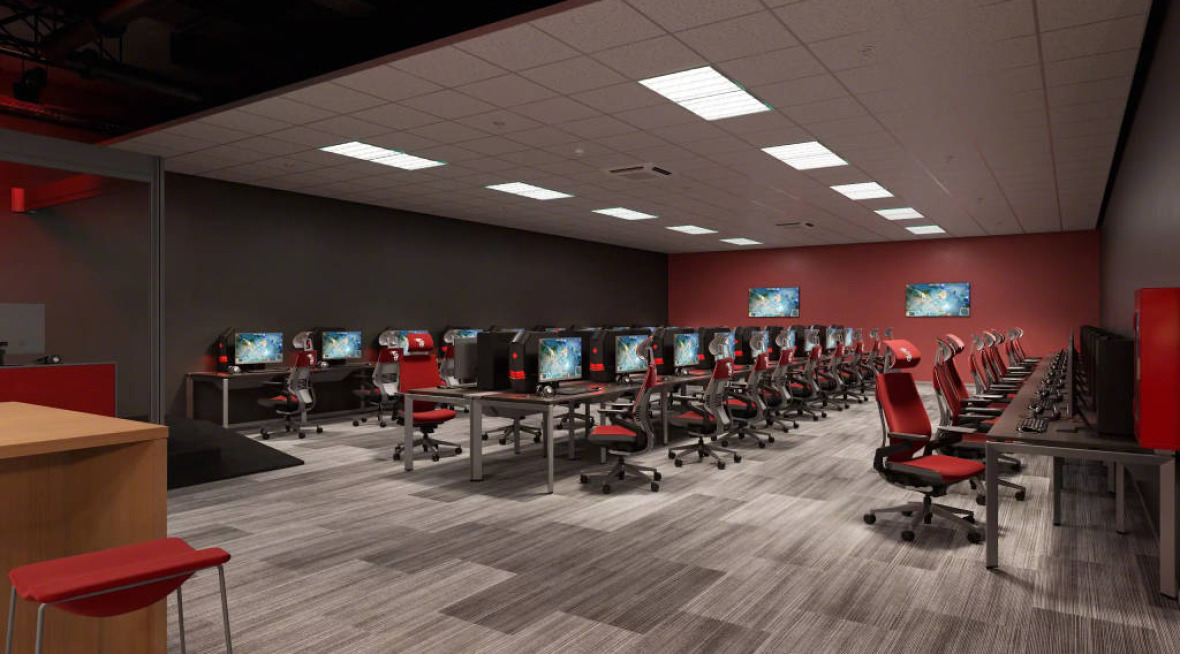Level Up Your Learning Experience with Esports
This integration of Esports into educational curricula marks a paradigm shift in the way institutions approach learning and skill development. Recognizing the immense appeal of Esports among the younger generation, educators are leveraging this phenomenon to not only capture students’ interest but also to foster a range of skills that extend beyond the digital realm.
One key aspect of this integration is the emphasis on STEAM (Science, Technology, Engineering, Arts, and Mathematics) education. Esports, with its intricate strategies, team dynamics, and reliance on technology, provides a unique platform to enhance students’ critical thinking, problem-solving, and analytical skills. Schools are incorporating esports into their STEM programs, encouraging students to explore the science behind game development, the technology powering gaming platforms, and the mathematical strategies involved in gameplay.
Moreover, the collaborative nature of esports promotes teamwork, communication, and leadership skills. Many educational institutions are establishing esports teams and clubs, where students learn to work together towards a common goal, much like in traditional sports. The competitive nature of esports also instills a sense of discipline and resilience, as players often face challenges and setbacks that require strategic adjustments and continuous improvement.
In addition to its role in the classroom, the esports industry is opening up new career pathways for students. Recognizing the demand for skilled professionals in areas such as game design, esports management, and streaming, educational institutions are developing specialized programs and courses to prepare students for careers in the growing esports ecosystem.




